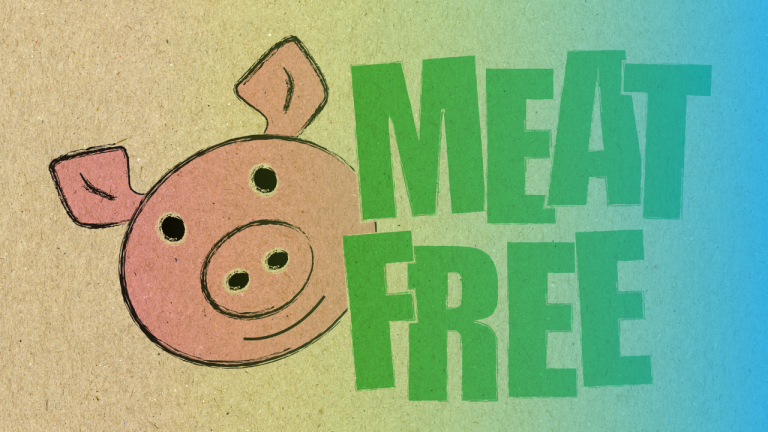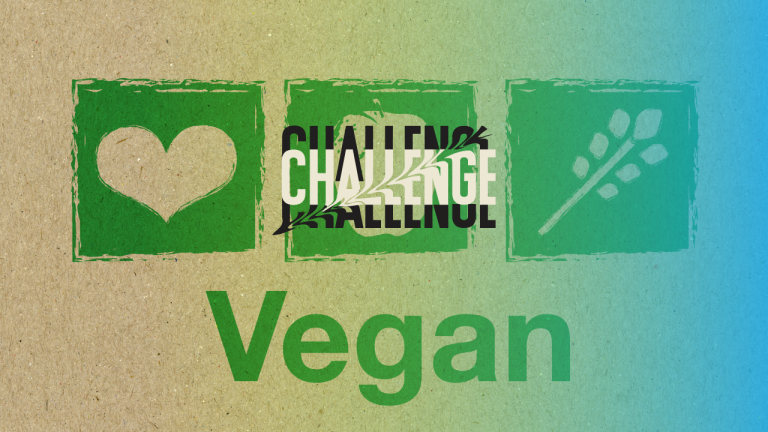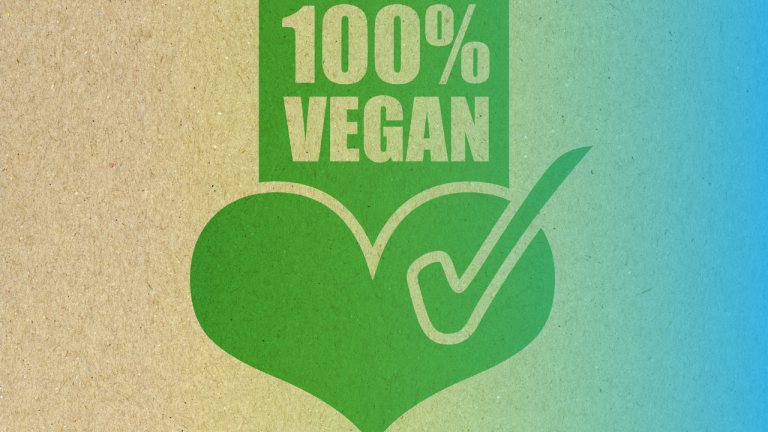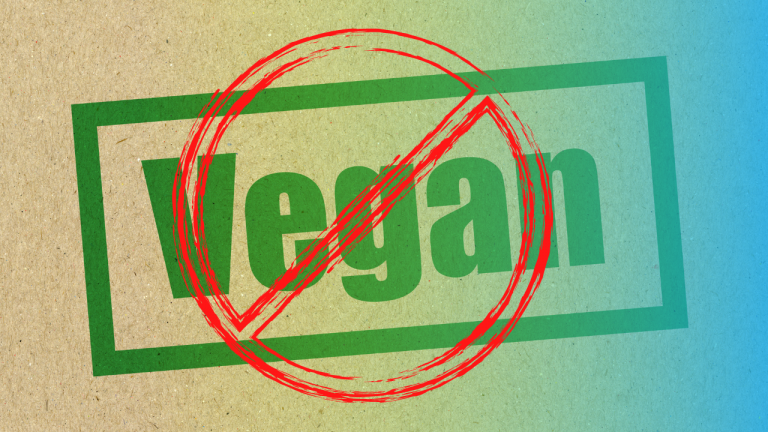What is an Industrial Vegan? Facts About the Growing Movement
What is an industrial vegan? It is a question that more and more people are asking as the vegan movement grows. An industrial vegan is someone who participates in the industrial animal agriculture system. They may wear leather, eat eggs, or consume dairy products. Some people might be surprised to learn that there is such a thing as an “industrial vegan,” but the fact is that this growing movement is playing a significant role in the way we produce and consume food. This blog post will discuss ten facts about industrial vegans that everyone should know!
What is an industrial vegan, and what do they stand for?
Industrial vegans are vegan types that focus on creating a more environmentally friendly and sustainable way of living. They believe that eating plant-based foods can help reduce the amount of pollution and greenhouse gases emitted into the atmosphere.
Some industrial vegans also choose to live “off the grid” to reduce their environmental impact.
How did the industrial vegan movement start and grow?
The industrial vegan movement started in the early 2000s with a small group of activists in the United States. They were inspired by the growing number of people interested in veganism, but they also wanted to make it more accessible and affordable for everyone.
They started by setting up small businesses that sold vegan products, such as food, clothing, and cosmetics. This helped create a more affordable option for people who wanted to switch to a vegan lifestyle.
The movement quickly grew, and now there are vegan industrial businesses worldwide. The industrial vegan market is worth $500 million per year!

What are some of the fundamental beliefs and principles of industrial veganism?
Industrial veganism is founded on the belief that animals are sentient beings deserving of moral consideration and protection. This includes the view that animals should not be used for food, clothing, or other purposes and should not be subject to unnecessary suffering.

There are a few fundamental principles that guide industrial vegans:
- The belief is that animals are sentient beings deserving of moral consideration and protection.
- The belief is that animals should not be used for food, clothing, or other purposes.
- The belief is that animals should not be subjected to unnecessary suffering.
These principles guide industrial vegans in their pursuit of creating a more just and humane world for all creatures.
What are some of the critical challenges faced by the industrial vegan movement today and tomorrow?

One of the critical challenges faced by the industrial vegan movement is a lack of agreement on what it means to be an industrial vegan. There are many different interpretations of what this term encompasses, leading to tension and conflict within the movement. In addition, there are also many different approaches to achieving industrial veganism, which can lead to disagreements about the best way forward.
Another critical challenge is that the industrial vegan movement is still in its infancy, and there are many things yet to be worked out. For example, there is no consensus on the long-term goal of the movement or how it should be achieved. There is also a lot of disagreement about which tactics are most effective, and there is a lot of infighting among different factions within the movement.
These challenges will need to be addressed for the industrial vegan movement to grow and thrive. To overcome these challenges, we need to open up dialogues and debates within the movement and come to a consensus on the best way forward. Only then can we start to make real progress towards achieving our goals.
How can you become an industrial vegan yourself or support the movement in your community or workplace?
There are many ways to become an industrial vegan or support the movement in your community or workplace. You can start by learning more about the benefits of an industrial vegan lifestyle and sharing that information with others. You can also incorporate more plant-based foods into your diet and look for businesses and organizations that align with the industrial vegan philosophy. Finally, you can get involved with local events and initiatives that promote veganism.

Are there any criticisms of industrial veganism, and if so, what are they?
Some criticisms of industrial veganism include the accusation that it is a white, middle-class movement that ignores the needs of people in developing countries. Others argue that it’s a way for privileged people to ignore the exploitation of animals without making any fundamental changes to their lifestyles. There are also concerns that large-scale agricultural practices used to produce vegan foods could have negative environmental impacts.
Ultimately, whether or not industrial veganism is a good thing is up for debate. What’s important is that the movement is growing and gaining visibility. More and more people are considering the impact of their food choices on animals, the environment, and human health. Whether or not industrial veganism is the answer, it’s certainly a step in the right direction.

What is an industrial vegan? Well, it’s someone who doesn’t just abstain from eating animal products but also avoids using them as much as possible in every other aspect of their life. This could include refusing to buy leather shoes or opting for cruelty-free cosmetics. Industrial vegans are on the rise, and with good reason — they are making a real difference in the world by helping to reduce the number of animals killed each year. If you’re interested in joining this growing movement, there are plenty of ways to get started.



